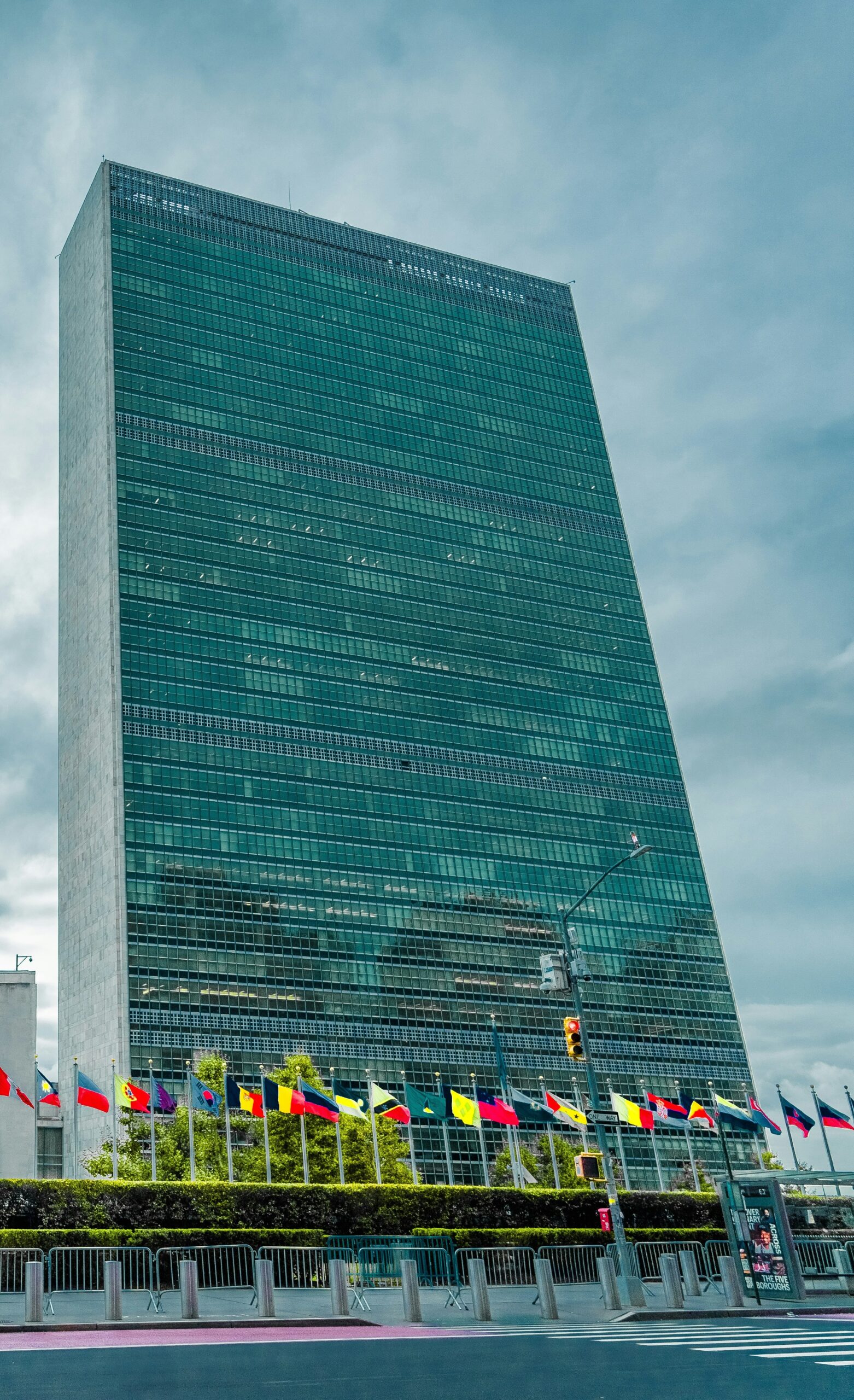Trump’s “Shock and Awe” Policy Hits United Nations: 800 Staff Permanently Relocated to Nairobi.
Trump’s “Shock and Awe” Policy Hits United Nations: 800 Staff Permanently Relocated to Nairobi.

In the USA.
The news as it trends.
The glamour of working for the United Nations in New York — once a dream job for many — is fading fast.
In a dramatic shift sparked by the UN80 reform initiative, more than 800 international UN staff from agencies such as UNFPA, UNICEF, and UN Women are being permanently relocated to Nairobi, Kenya.
This isn’t a temporary assignment — it’s a full geographic pivot with global consequences.
Why the move?
Many link it to President Trump’s current “America First” policy, which has sharply reduced U.S. funding to international organizations and weakened the influence of New York as a global diplomatic hub.
Since then, a politically dry climate and weakened support have pushed the UN to reconsider its headquarters.
But life in Nairobi won’t replicate New York’s rhythm.
For staff used to a fast-paced, service-rich economy, the change brings cultural, logistical, and financial challenges — especially in a city with limited access to global finance and diplomatic infrastructure.
What was once a gateway to global influence now feels like a strategic retreat.
And this shift is reshaping the future of multilateral diplomacy — from Wall Street vibes to grassroots engagement.
UN staff have expressed their frustration online, saying they had little time to plan for the transition.
Some warn this is only the beginning.
As funding declines across key programs, the UN may be drifting toward becoming a weakened, symbolic institution.
What starts with UN Women could echo across all branches.
And the most urgent question remains: what happens to the vulnerable populations these agencies were meant to protect?
Advocates and critics alike lament that with Trump’s isolationist “America First” policy cutting deep into global support, moving staff to distant locations like Nairobi doesn’t just stretch resources — it fractures the unity that once made the UN effective.
For decades, New York wasn’t just a home base — it was where international agencies came together to act with purpose. But as hundreds of roles shift beyond its diplomatic orbit, that collaboration begins to break down.
Piece by piece, the UN risks losing the strength of its unified mission.
Some social media critics see this not simply as decentralization, but as a gradual reoccupation of African soil — a form of “soft recolonization.”
While views differ, the symbolism isn’t lost.
Whether this move is seen as decentralization, decolonization, or recolonization — one thing is certain:
This UN relocation is more than a change of address.
See some of the comments below.
Kenya’s President William Ruto inspected new buildings at UNON during a visit to the premises on Wednesday. The new accessibility friendly buildings are an expansion to accommodate more UN staff.
UNON is the only UN HQ office in Africa and the global south. pic.twitter.com/l1E2gHe8wl
— United Nations Information Service in Nairobi (@UNISNairobi) July 17, 2025
UN is officially relocating to Kenya in a new form of colonisation. Note Africa is the only Region without a permanent seat on UN Security Council, Africa is represented by the (African Group) which represent all 54 African member states. So why are they moving to Africa!? pic.twitter.com/2EgwAW1nb1
— Dabaylaha🇸🇴 (@DnDubad) July 20, 2025
KENYANS Surprised to LEARN the UNICEF & UNFPA will be relocating to Kenya. At such a time as this with El Chapo ? WHY KENYA?? We need to WAKE UP to WHO WE ARE & WE WILL ! pic.twitter.com/fNgHAPs1q5
— Dr. Mumbi Seraki🇰🇪 (@DrMumbiSeraki) March 14, 2025
UN is officially relocating to Kenya in a new form of colonisation. Note Africa is the only Region without a permanent seat on UN Security Council, Africa is represented by the (African Group) which represent all 54 African member states. So why are they moving to Africa!? pic.twitter.com/2EgwAW1nb1
— Dabaylaha🇸🇴 (@DnDubad) July 20, 2025




















Leave a Reply